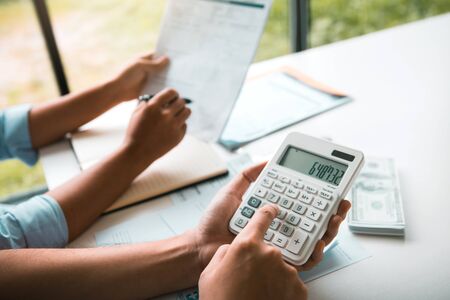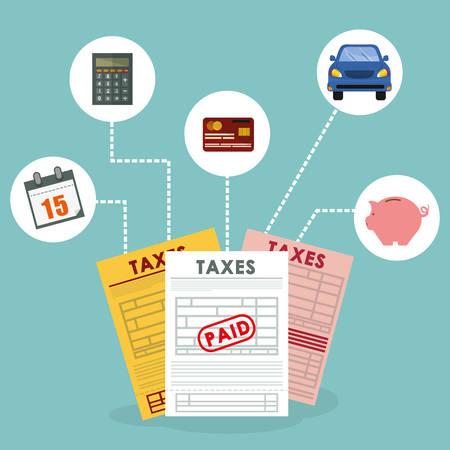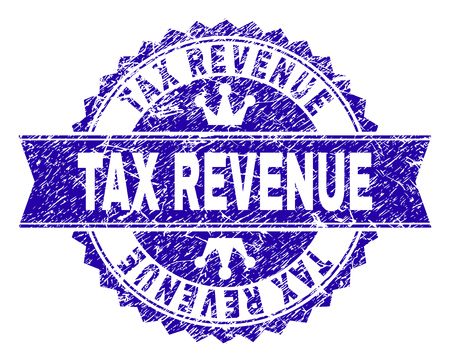How to Manage and Claim Expenses on Your Self-Assessment Tax Return
Understanding Allowable ExpensesWhen managing your Self-Assessment tax return as a self-employed individual or freelancer in the UK, it is essential to have a clear understanding of what qualifies as an allowable expense under HMRC guidelines. Allowable expenses are costs that you incur wholly and exclusively for the purpose of running your business. Claiming these correctly…








